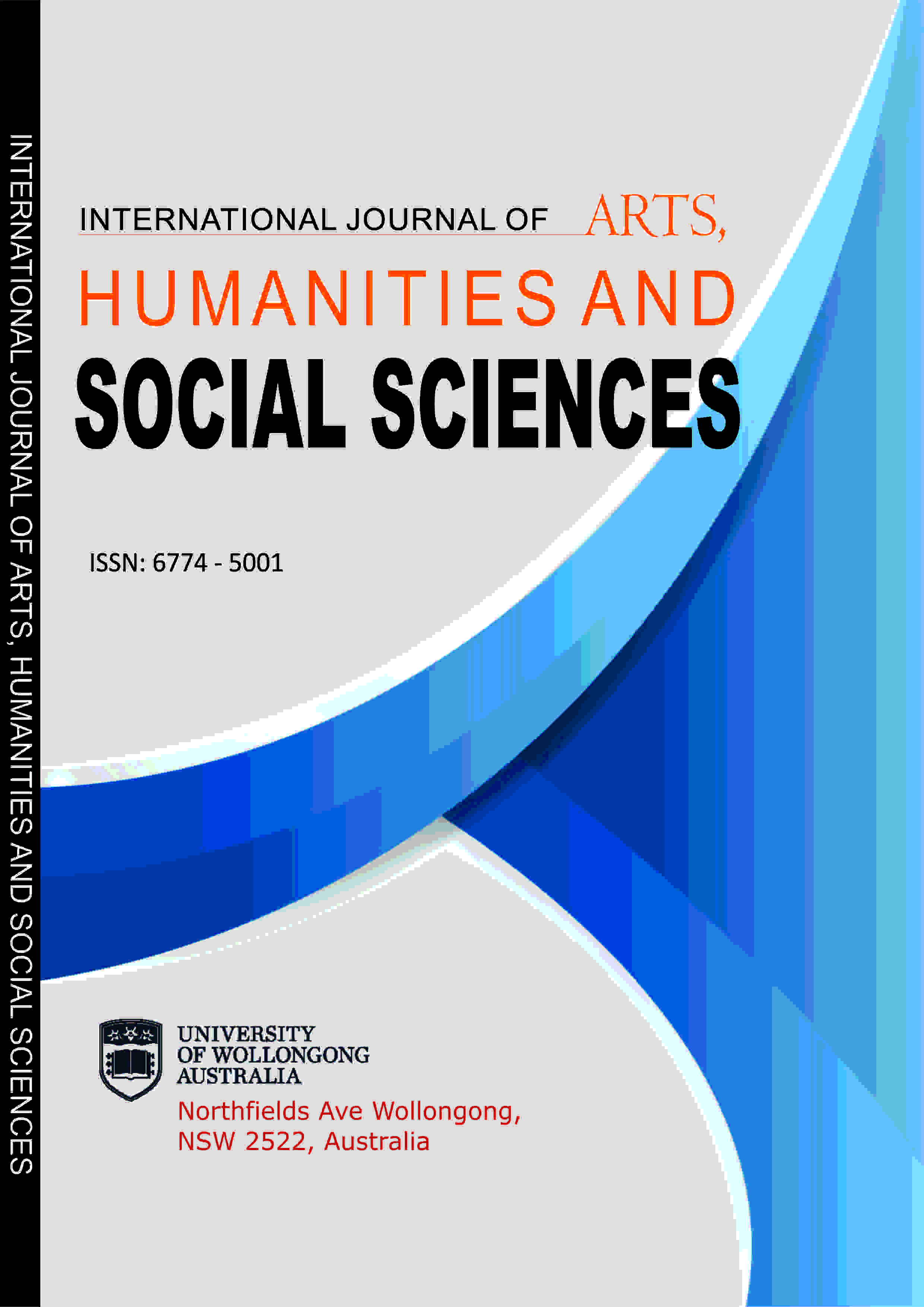INTERNATIONAL JOURNAL OF ARTS, HUMANITIES AND SOCIAL SCIENCES (IJAHSS)
MARRIED KOREAN PROFESSIONAL WOMEN WITH CHILDREN IN THE U.S. AND IN KOREA: A MIX OF OCCUPATIONAL & IMMIGRANT STATUS
E-ISSN: 2579-048X
P-ISSN: 6774-5001
DOI: https://iigdpublishers.com/journals/50
This qualitative research examined Korean professional women’s work and family experience in Korea and in the U.S. Fourteen in-depth interviews were conducted; seven Korean immigrant women with children in the U.S. and seven Korean women with children in Korea. Immigrant status and occupational status are anchored to examine (a) how Korean women with children in a profession perceive their accumulated roles (i.e., conflict or enrichment); (b) how professional women’s work influences families and vice versa; and (c) how work-family experiences are different in the U.S. and in Korea. The effort to keep work-family balance and challenges, work environment differences between U.S. and Korea, language barriers, women’s self-confidence, and feeling of wholeness emerged as central themes. Work- family policies will be discussed.
Youn Mi Lee
Alexander, I. (1988). Personality, psychological assessment, and psychobiography. In D. McAdams, & R. Ochberg (Eds.), Psychobiography and life narratives (pp. 265-294). Durham: Duke University Press.
Allen, T. D. (2001). Family-supportive work environments: The role of organizational perceptions. Journal of Vocational Behavior, 58(3), 414-435. doi:10.1006/jvbe.2000.1774
Amato, P. R. (2010). Research on divorce: Continuing trends and new development. Journal of Marriage and Family, 72(3), 650-666. doi:10.1111/j.1741-3737.2010.00723.x
Andressi, J. K., & Thompson, C. A. (2008). Work-family culture: current research and future directions. In K, Korabik, D.S. Lero, & D.L. Whtenhead, Handbook of Work-Family Integration: Research, Theory, & Best Practice (pp. 331- 351). Academic Press.
Cahusac, E., & Kanji, S. (2014). Giving up: How gendered organizational cultures push mothers out. Gender, Work and Organization, 21(1), 57-70. doi:10.1111/gwao.12011
